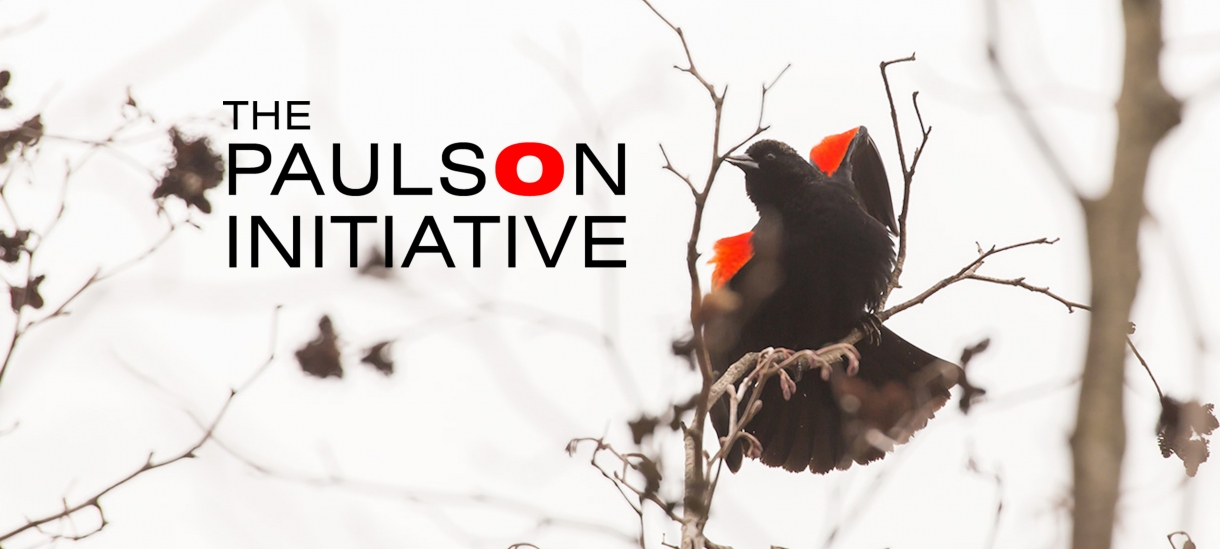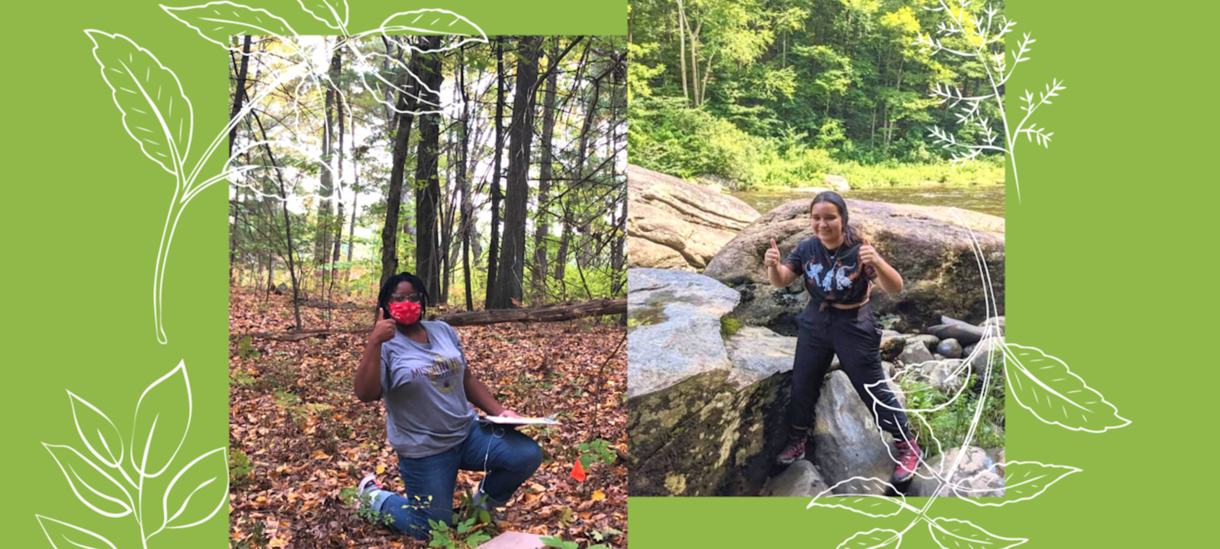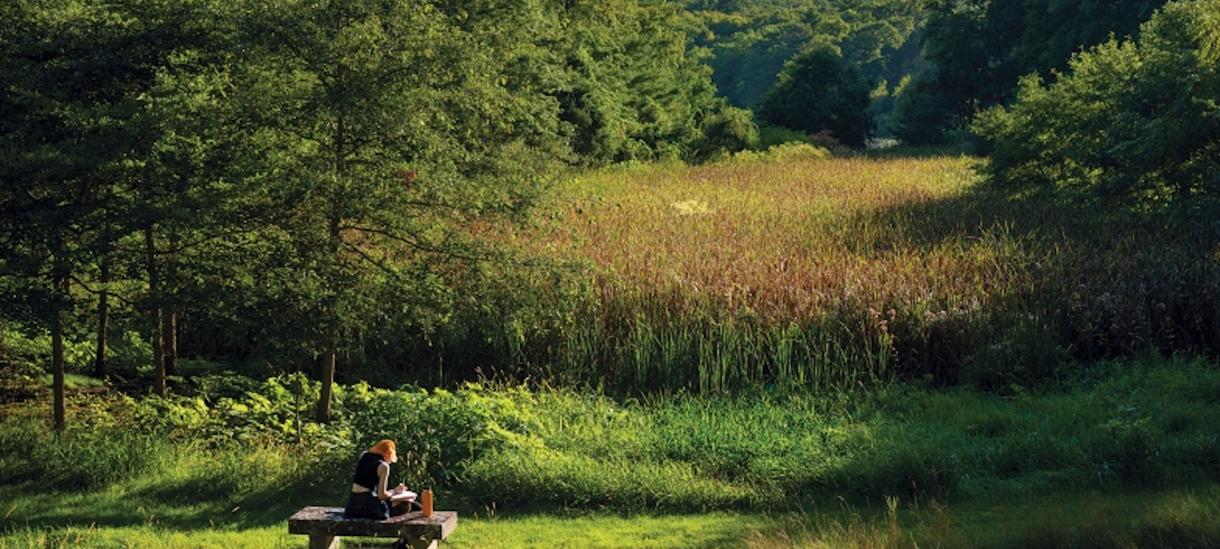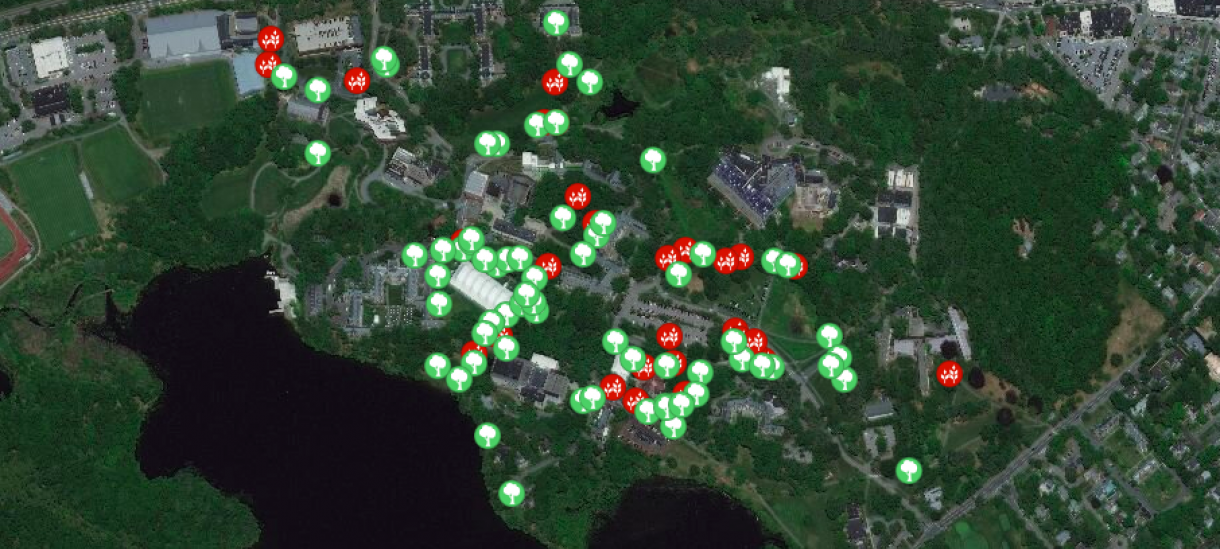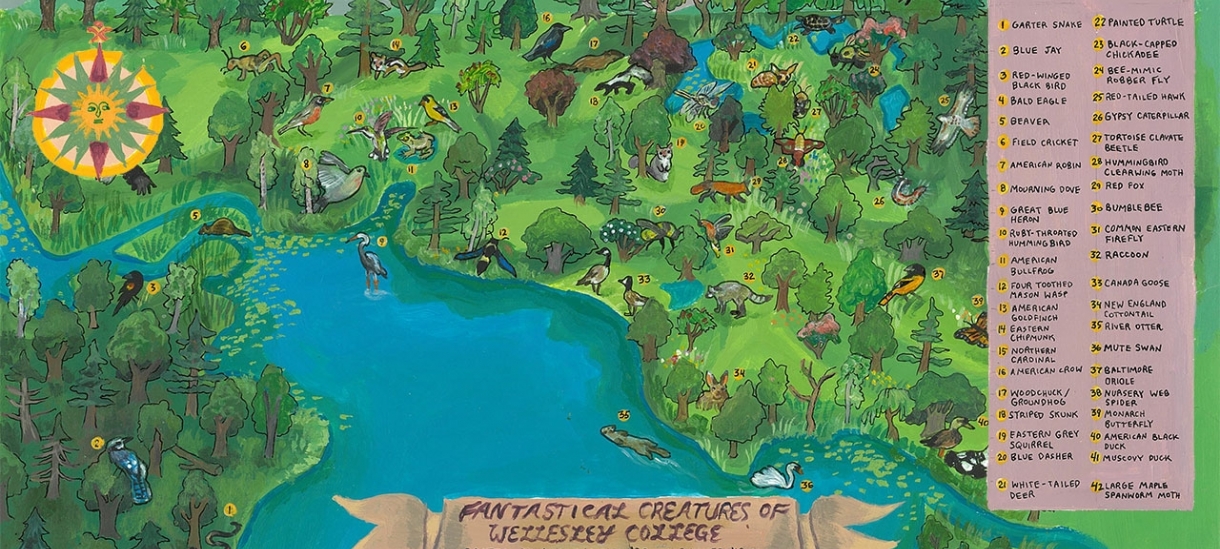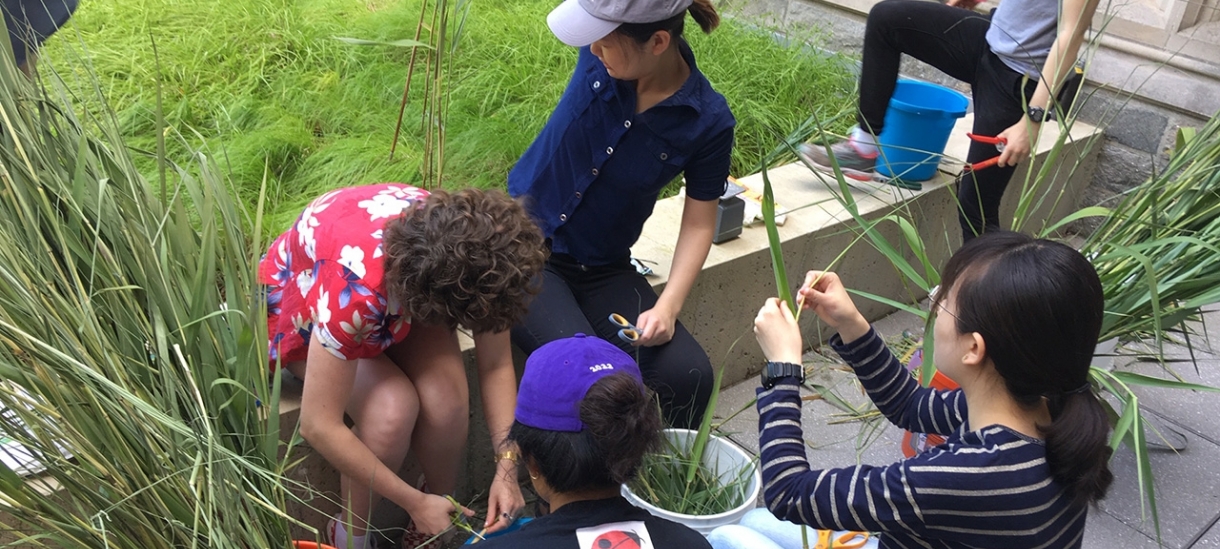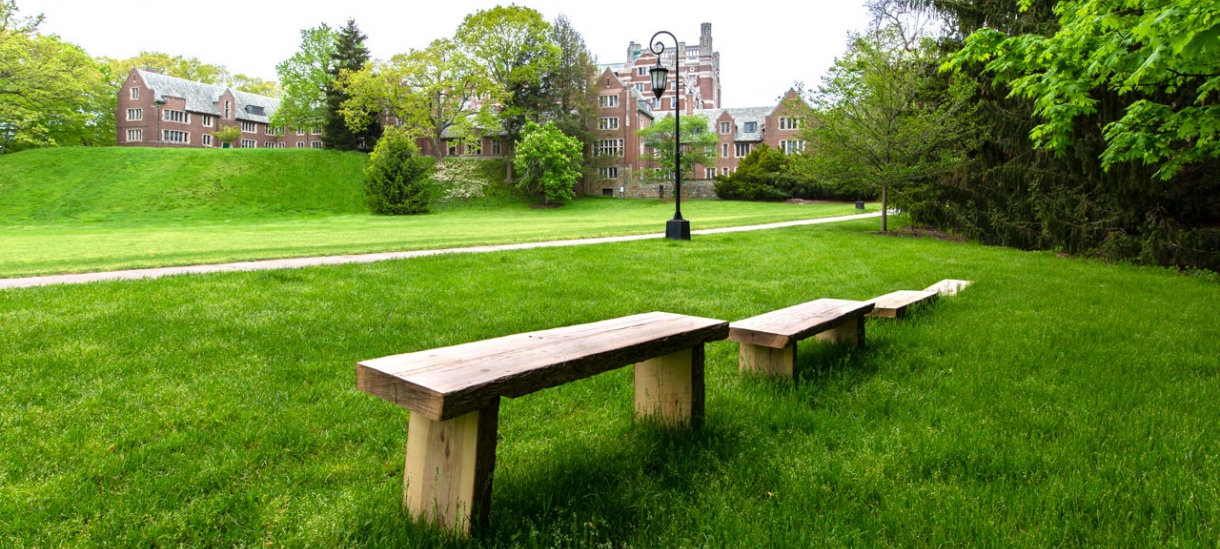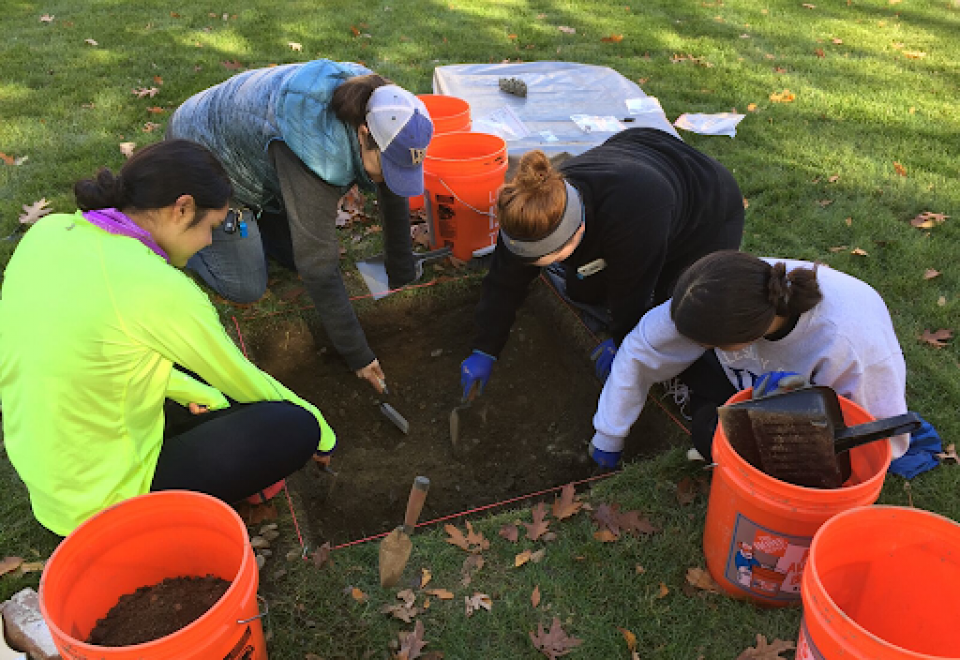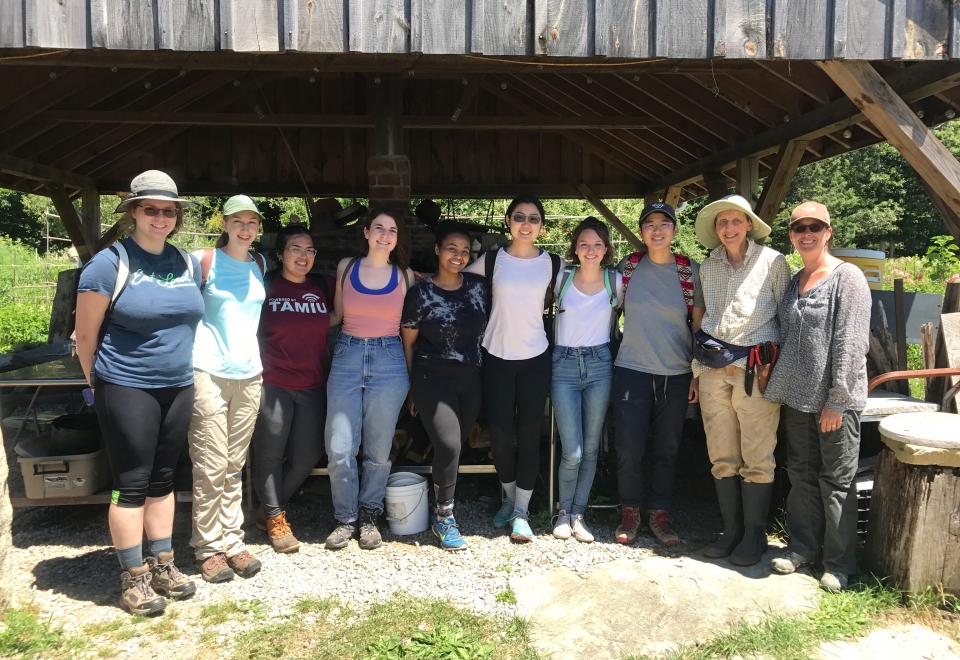The Paulson Ecology of Place Initiative will transform Wellesley’s campus into a “living laboratory.”
The Paulson Ecology of Place Initiative inspires and prepares Wellesley College students across disciplines to engage with their natural environment and develop a sense of place on our iconic campus to enrich their academic experience, well-being, and community, and become change agents who cultivate sustainable landscapes and communities around the globe.
Learn more about the work of the Paulson Ecology of Place Initiative in our 2020-21 Year in Review, in our Blue Heron Quarterly, a journal to engage the reader in the Wellesley College landscape and beyond, and follow us on Instagram!
The Paulson Initiative is committed to anti-racism and decolonization in our work. We are partnering with student leaders associated with the Frost Center for the Environment, the Botanic Gardens, and Environmental Studies Department to support Students for Intersectional Environmental Justice (SIEJ). This group, led by paid student leaders and facilitated by Frost Program Coordinator Kayli Hattley '21, plan and implement changes across and within our units.
Find calm by connecting more deeply with nature outside your door with our Nature Wellness Practices.

